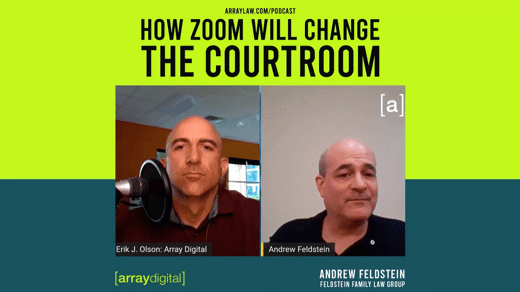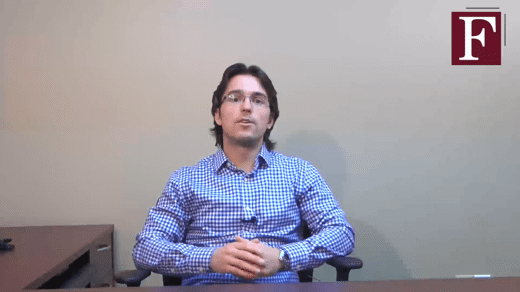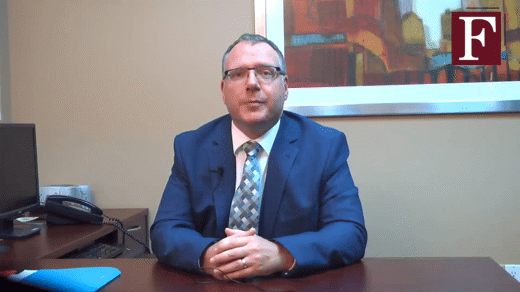On July 17th 2011, the media mistakenly reported that starting Monday July 18th 2011, every couple seeking a divorce in the provincial courts would be required to do two things:
- first, attend a mandatory information session discussing alternatives to court, and
- second, attend a mediation session that would be paid for by the Attorney General’s office.
This article created quite a stir within the legal community in Ontario as lawyers were under the impression that mediation had now become mandatory. Thankfully, I was able to address and correct the error via Twitter, the vastly popular social networking program.
In a direct tweet to the Attorney General, Chris Bentley, I “tweeted” the following: “I do not believe that Mandatory Mediation is commencing tomorrow as suggested by the media. Perhaps @Chris_Bentley can clarify.” I received a swift response from the Attorney General stating that the mandatory information program is in place now and that access to non-mandatory mediation would be available in all court sites by the end of summer.
The Mandatory Information Program mentioned by the Attorney General in his tweet was expanded, in January 2011, from Brampton and Milton to the 17 family court branches of the Superior Court of Justice.
Through this program, spouses seeking a divorce are required to attend information sessions from which they can learn about the various alternatives to court, such as mediation, arbitration, CFL, as well as the requisite steps they would need to take should they decide to proceed through the court system.
These sessions also help divorcing parents understand the impact that separation and divorce can have on their children and provide information about the resources that are available to help children and parents deal and cope with separation and divorce.
Whereas the Mandatory Mediation Program alluded to began on January 4th, 1999 in Toronto and Ottawa and in Windsor on December 31st, 2002. It applies to some civil actions under rule 24.1 of the Rules of Civil Procedure and to contested estates, trusts and substitute decision matters under rule 75.1. Recall from the Attorney General’s tweet that family law cases are excluded from mandatory mediation.
This program aims to help parties involved in civil litigation and estates matters settle their cases early in the litigation process to save both time and money. By referring cases to a mediation session at the outset of the litigation process, parties are given an opportunity to discuss the issues in dispute and with the help of a trained, neutral mediator explore settlement options, potentially avoiding both the pre-trial and trial processes.



